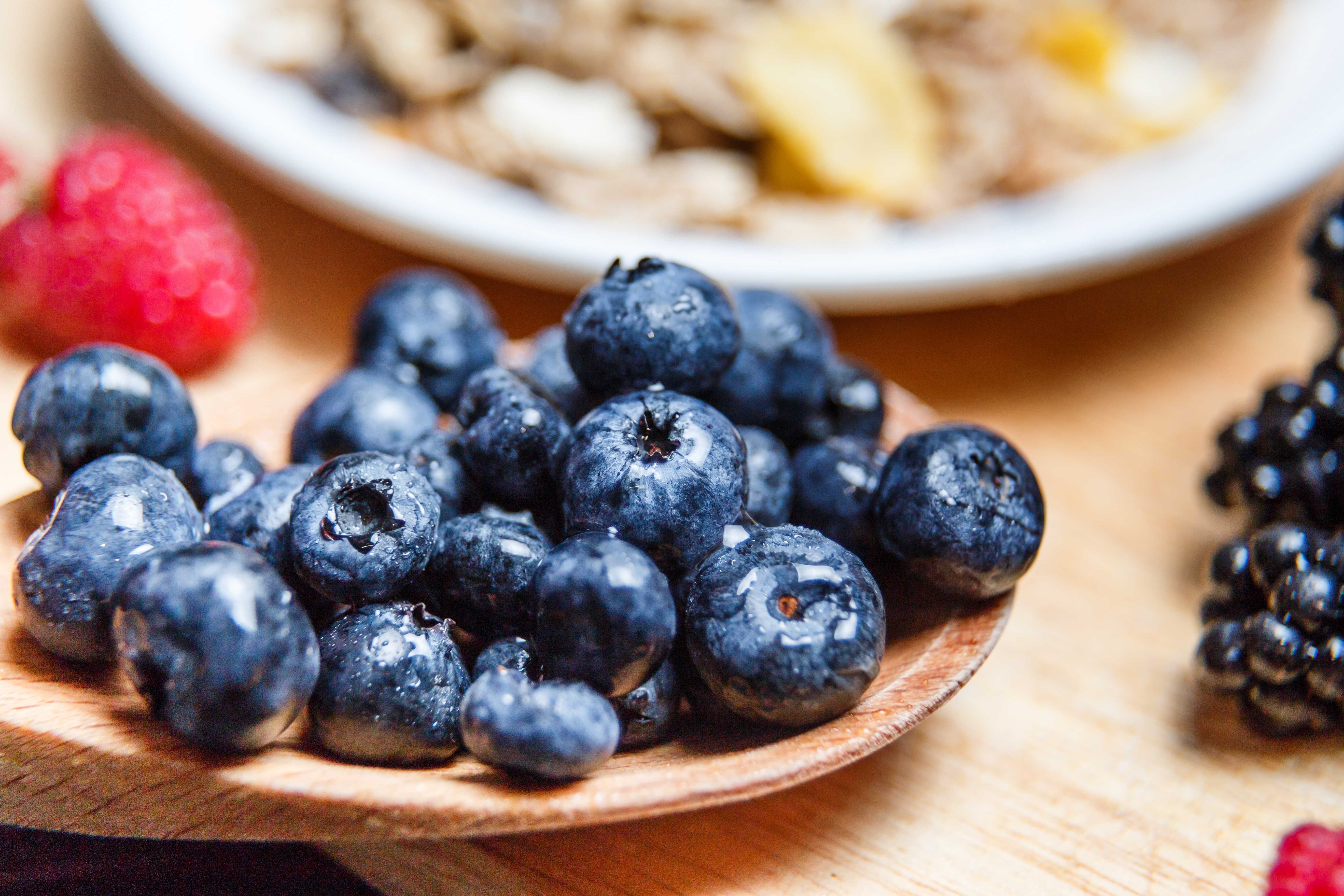13 Brain-Boosting Foods Proven to Enhance Focus and Memory
In our fast-paced world, maintaining mental sharpness and a robust memory is more crucial than ever. Our cognitive abilities define how we interact with the world, solve problems, and remember important details. While genetics and lifestyle choices play significant roles, recent research has highlighted the profound impact of nutrition on brain health. This article delves into 13 essential foods that have been scientifically proven to enhance focus and memory. The brain, though only about 2% of our body weight, consumes roughly 20% of our energy. This means it requires a steady supply of nutrients to function optimally. Nutrients like omega-3 fatty acids, antioxidants, vitamins, and minerals are vital for maintaining neural pathways and supporting neuroplasticity—the brain's ability to reorganize itself by forming new neural connections. As we journey through each section, you'll discover how these foods work, their benefits, and practical ways to incorporate them into your daily diet.
1. Blueberries: Nature's Antioxidant Powerhouse

Blueberries are often hailed as a superfood, and for good reason. Rich in antioxidants, particularly flavonoids, blueberries have been shown to improve memory and cognitive function. These antioxidants help combat oxidative stress, which is a major contributor to cognitive decline. Studies have demonstrated that regular consumption of blueberries can delay brain aging by up to 2.5 years. This is largely due to their ability to neutralize free radicals, thereby protecting brain cells from damage. Moreover, blueberries have been linked to improved communication between brain cells. The flavonoids in blueberries enhance the brain's blood flow, supporting the delivery of oxygen and nutrients. This improved circulation is crucial for maintaining focus and processing information efficiently. To incorporate blueberries into your diet, consider adding them to your morning cereal, blending them into smoothies, or enjoying them as a fresh snack. With their sweet taste and versatile nature, blueberries are an easy and delicious way to boost your brain health.
